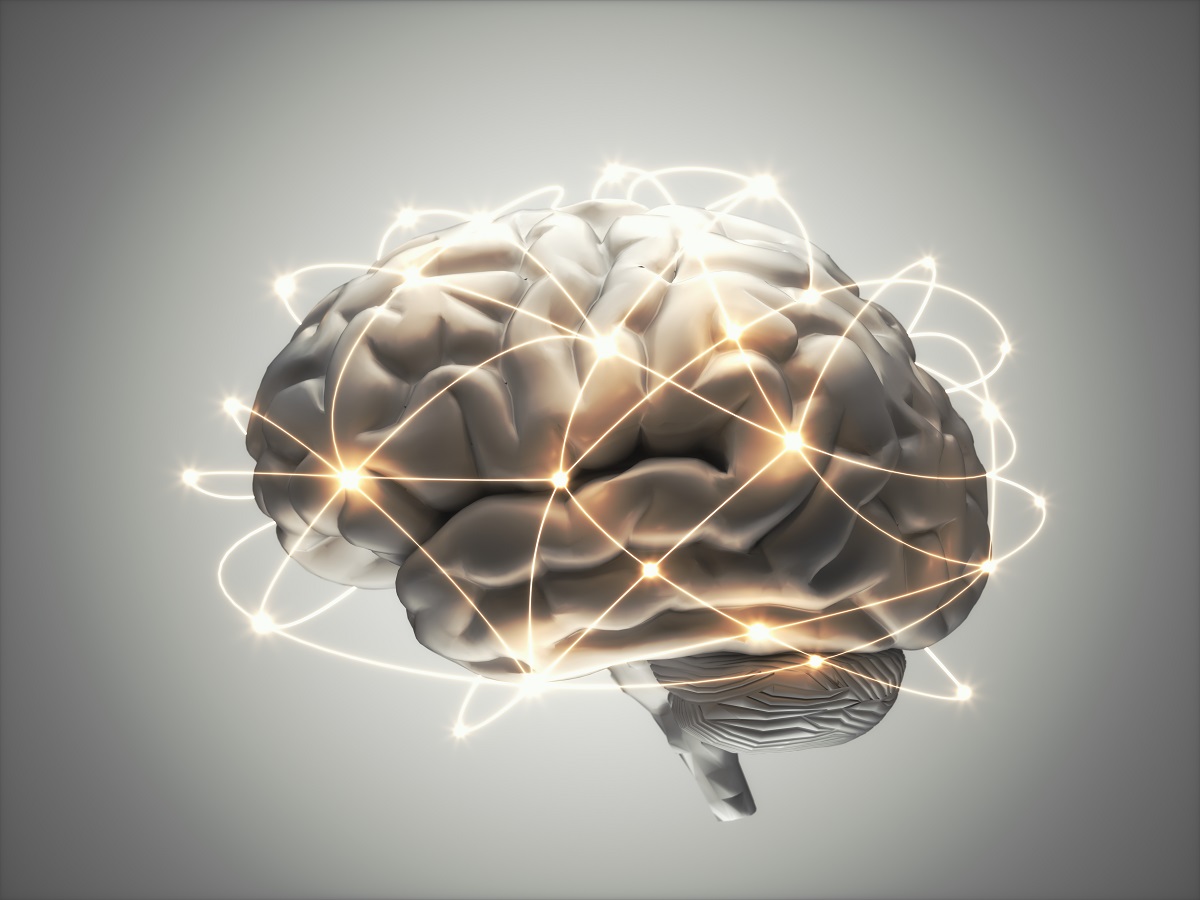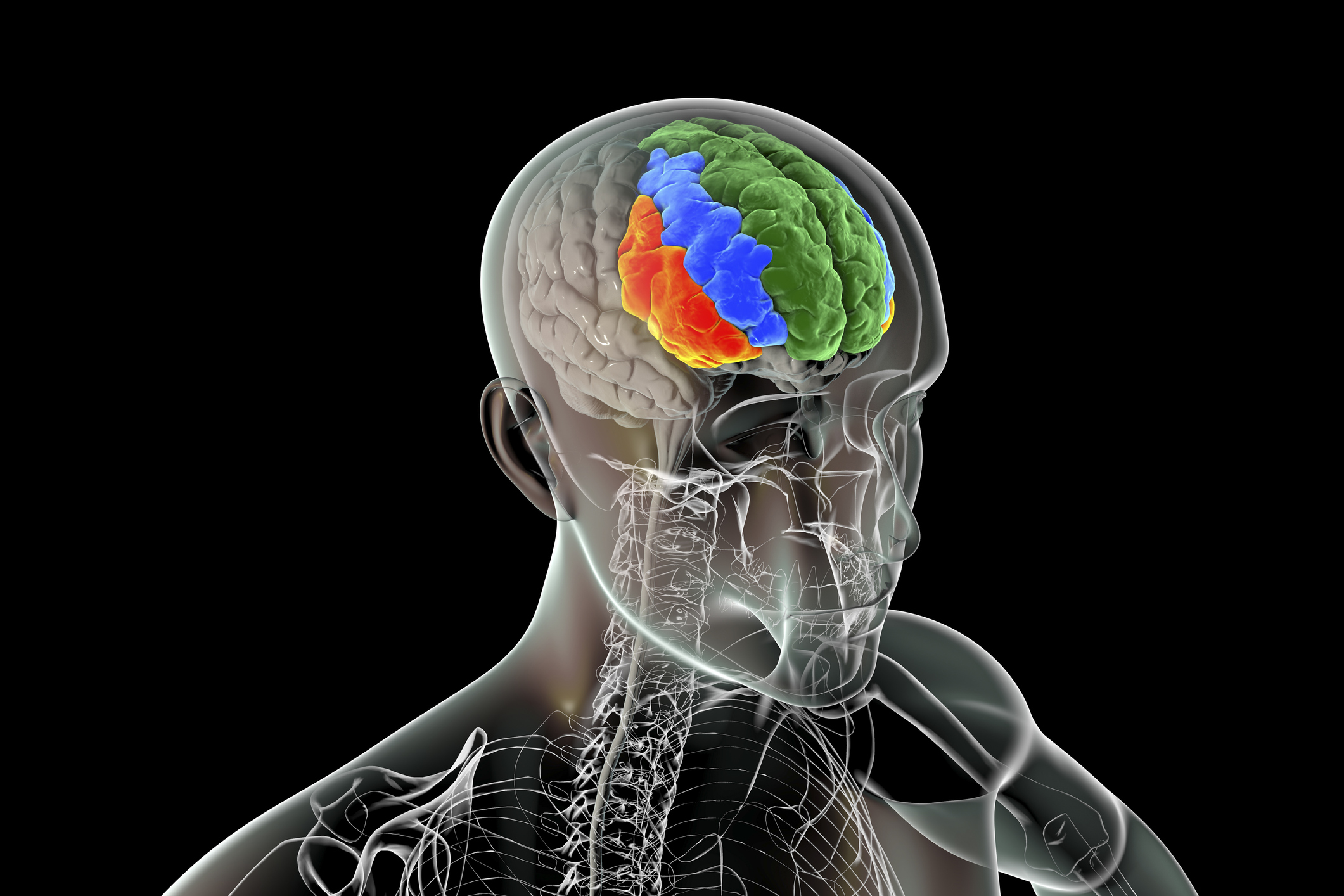TMS For Anxiety: Does It Work?
August 21, 2023
Although it is normal to experience anxiety occasionally, frequent or constant feelings of anxiety can be a sign that someone has an anxiety disorder and should seek medical treatment. Talk therapy and anti-anxiety medications are typically used to treat anxiety, but if they are ineffective, then transcranial magnetic stimulation (TMS)…









